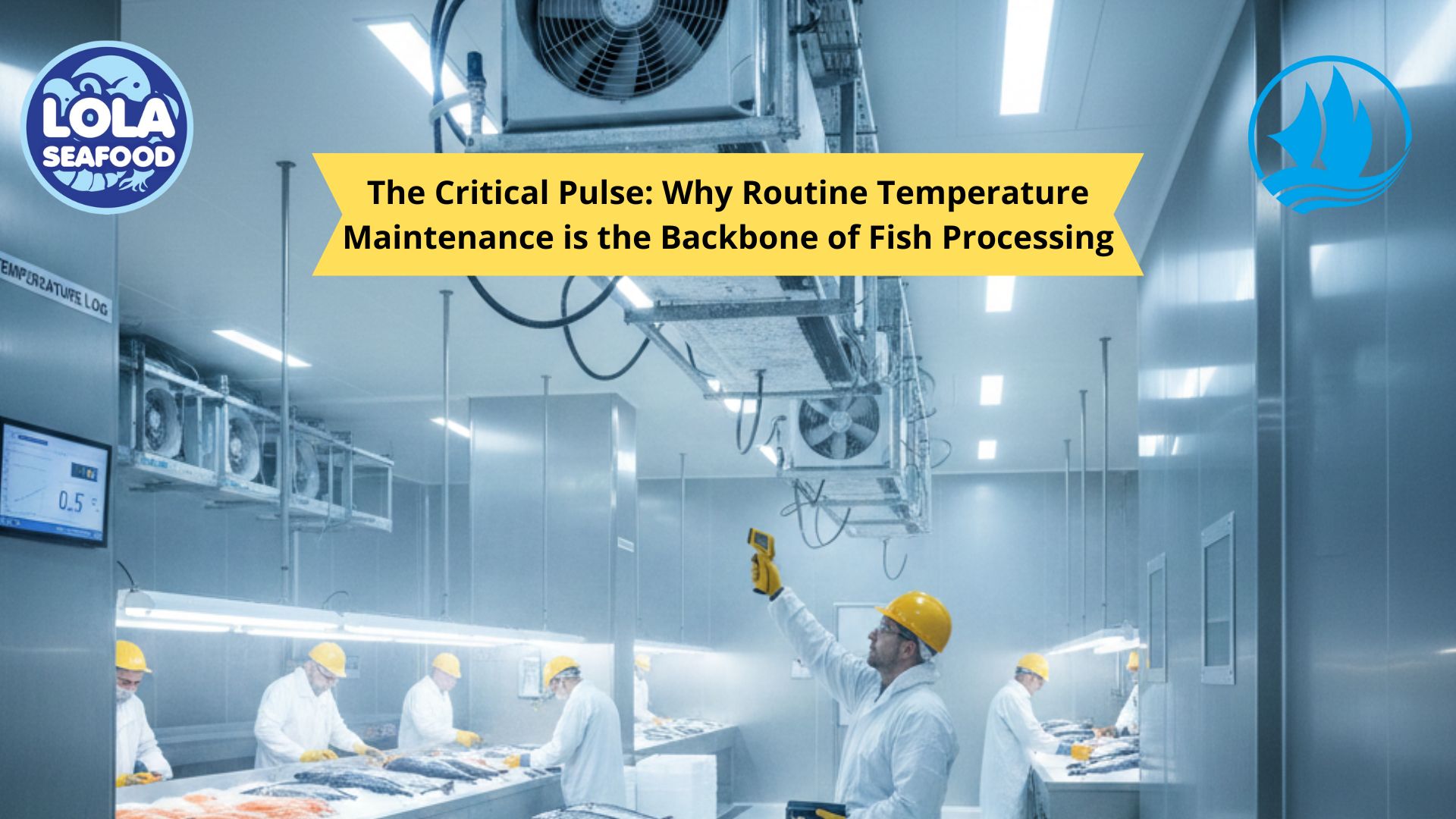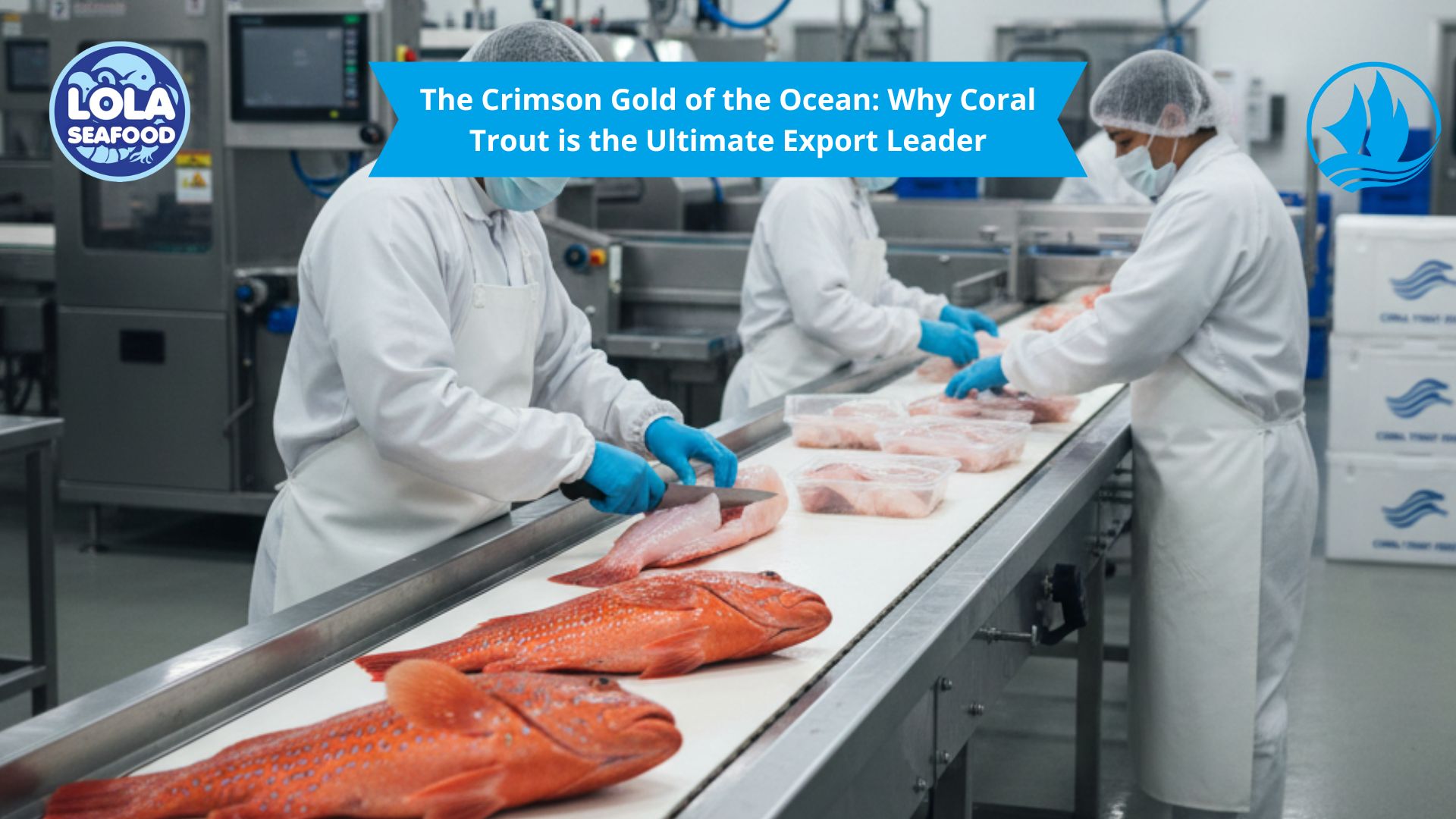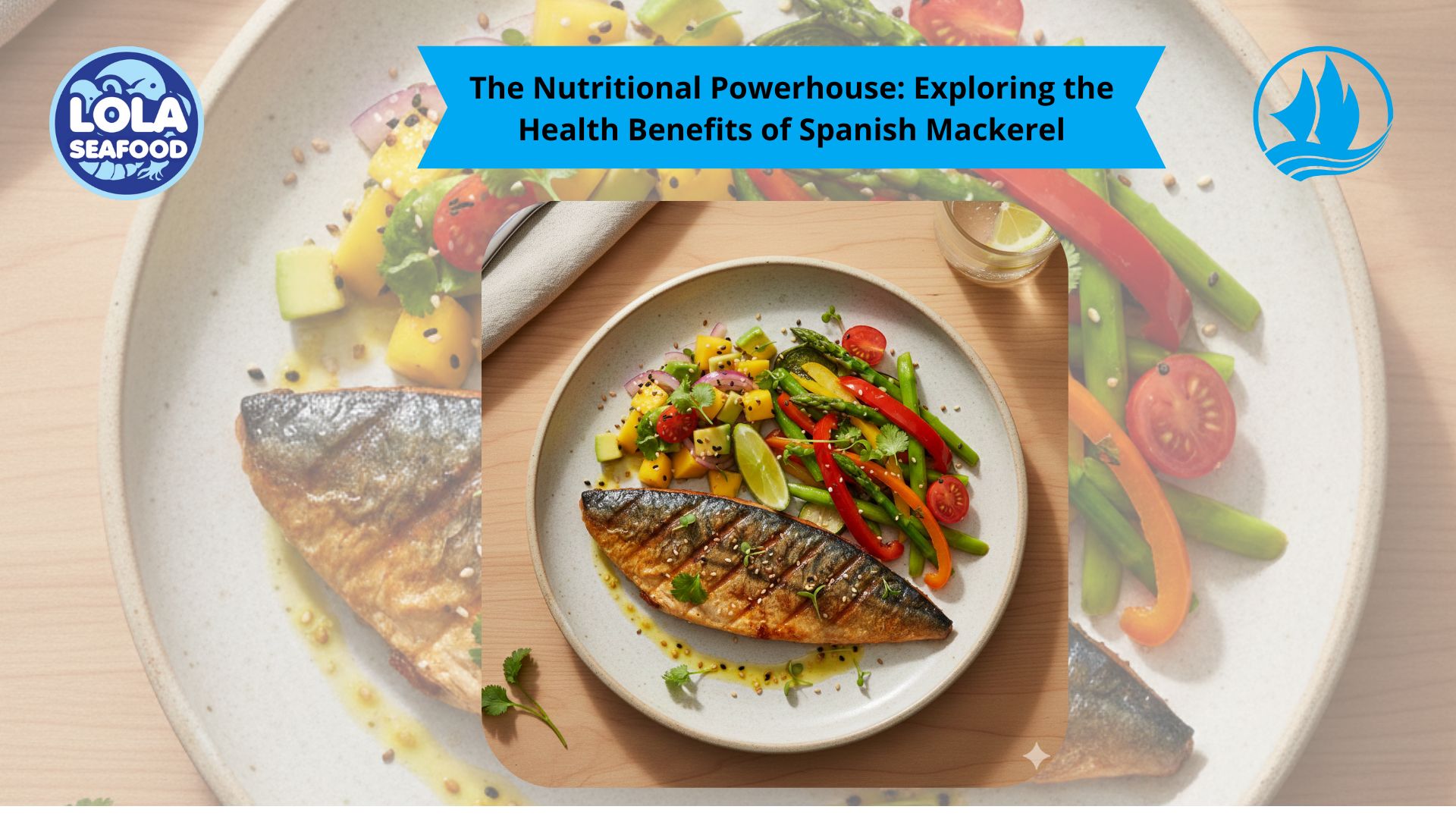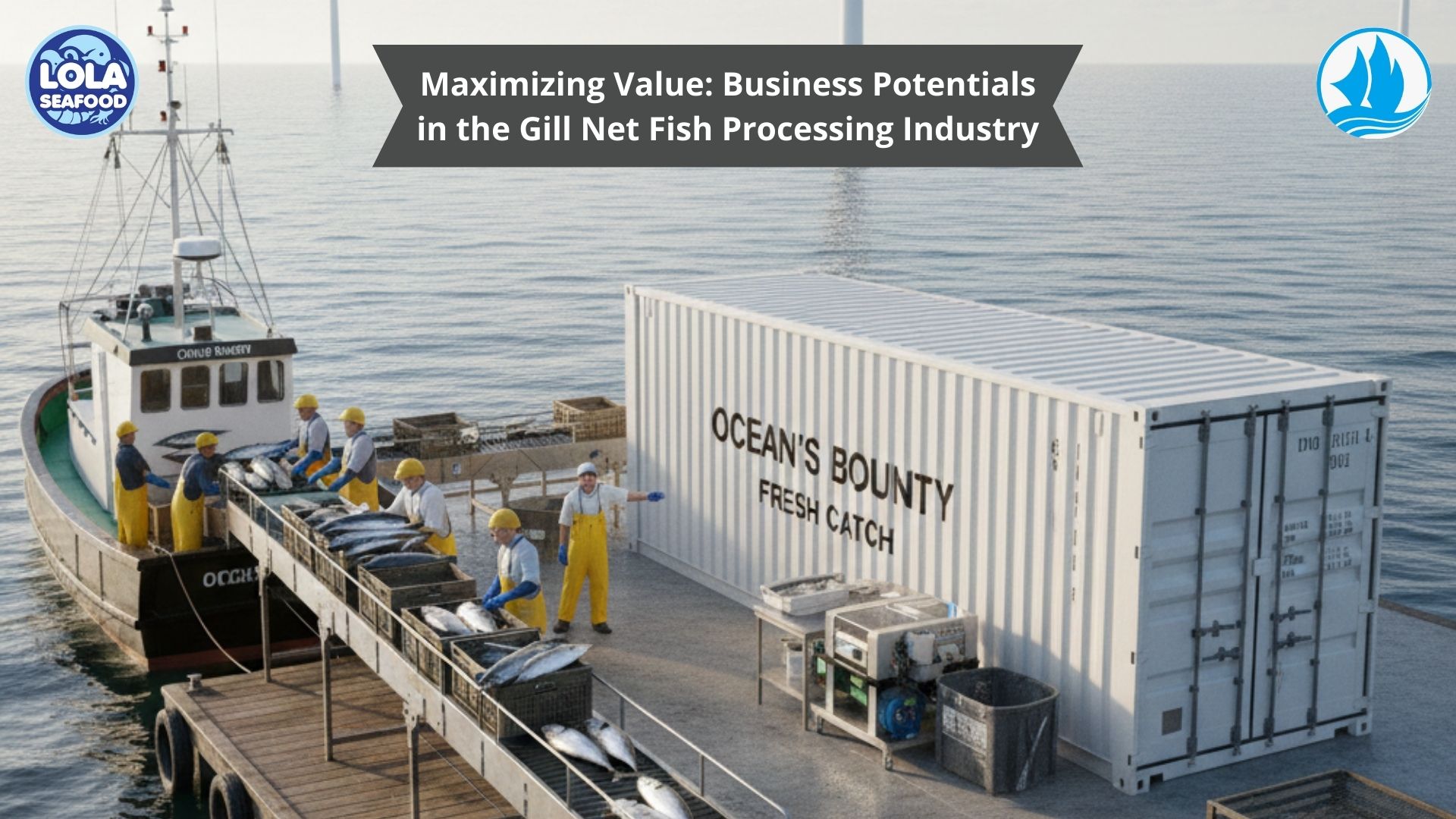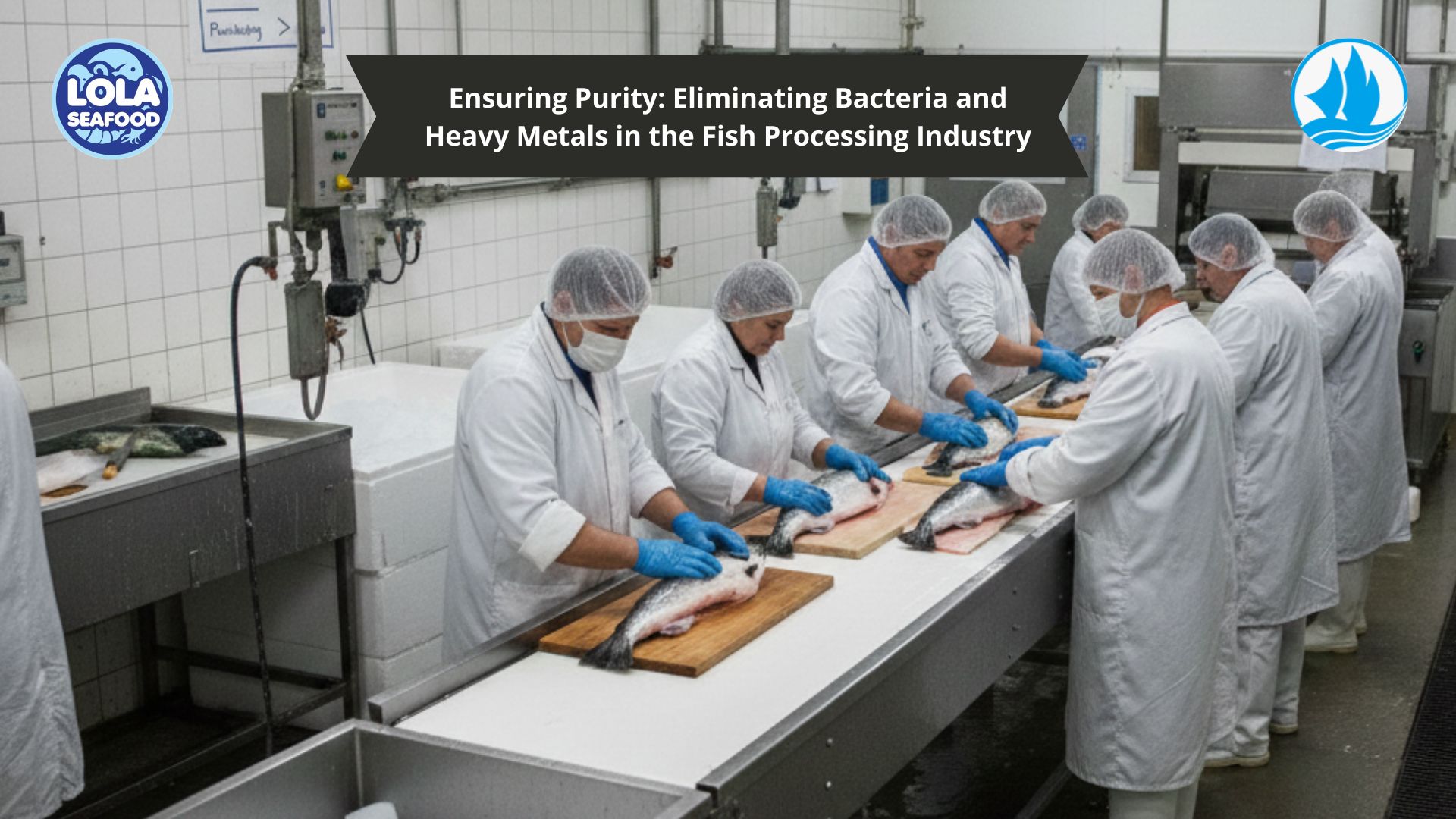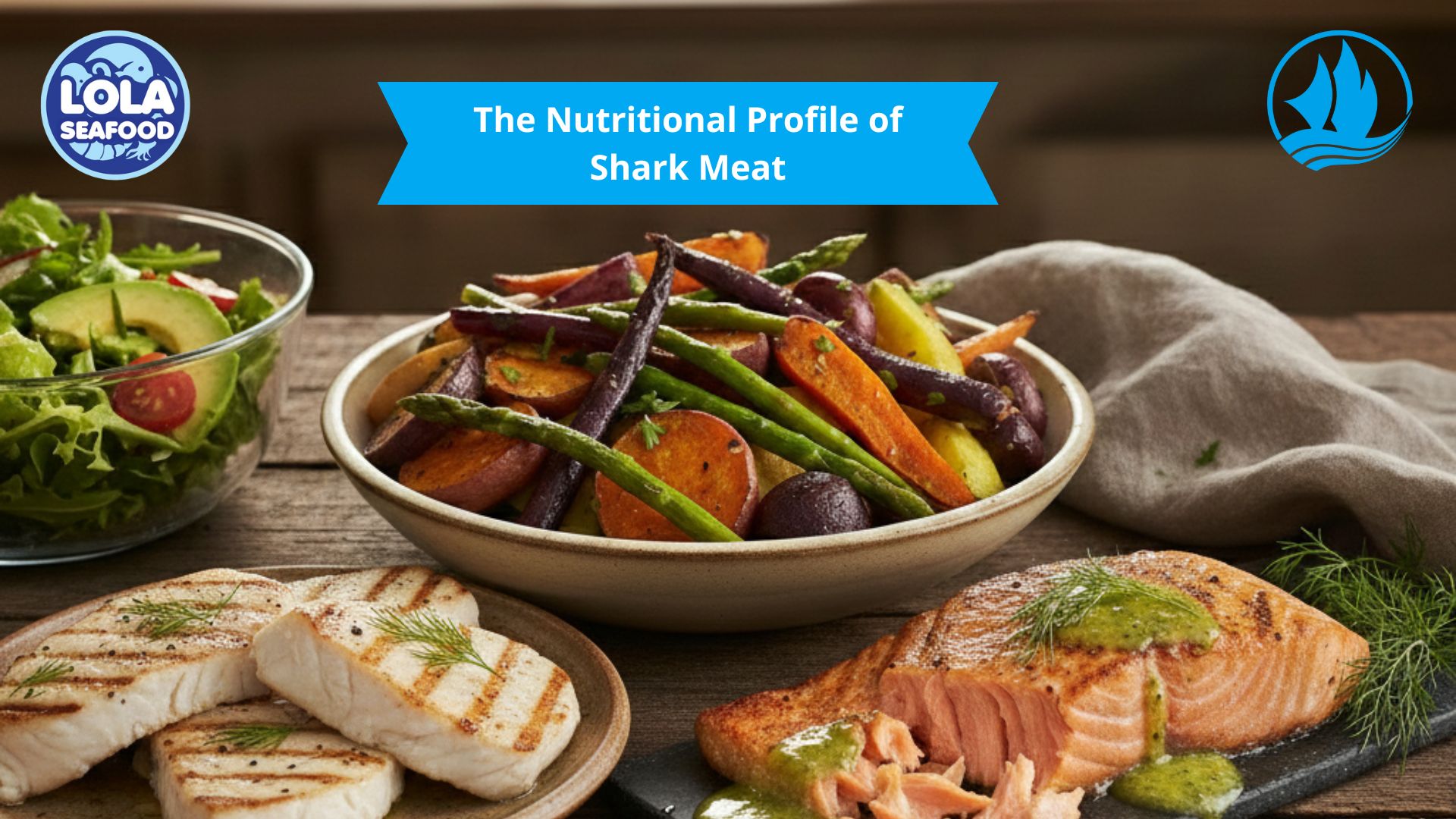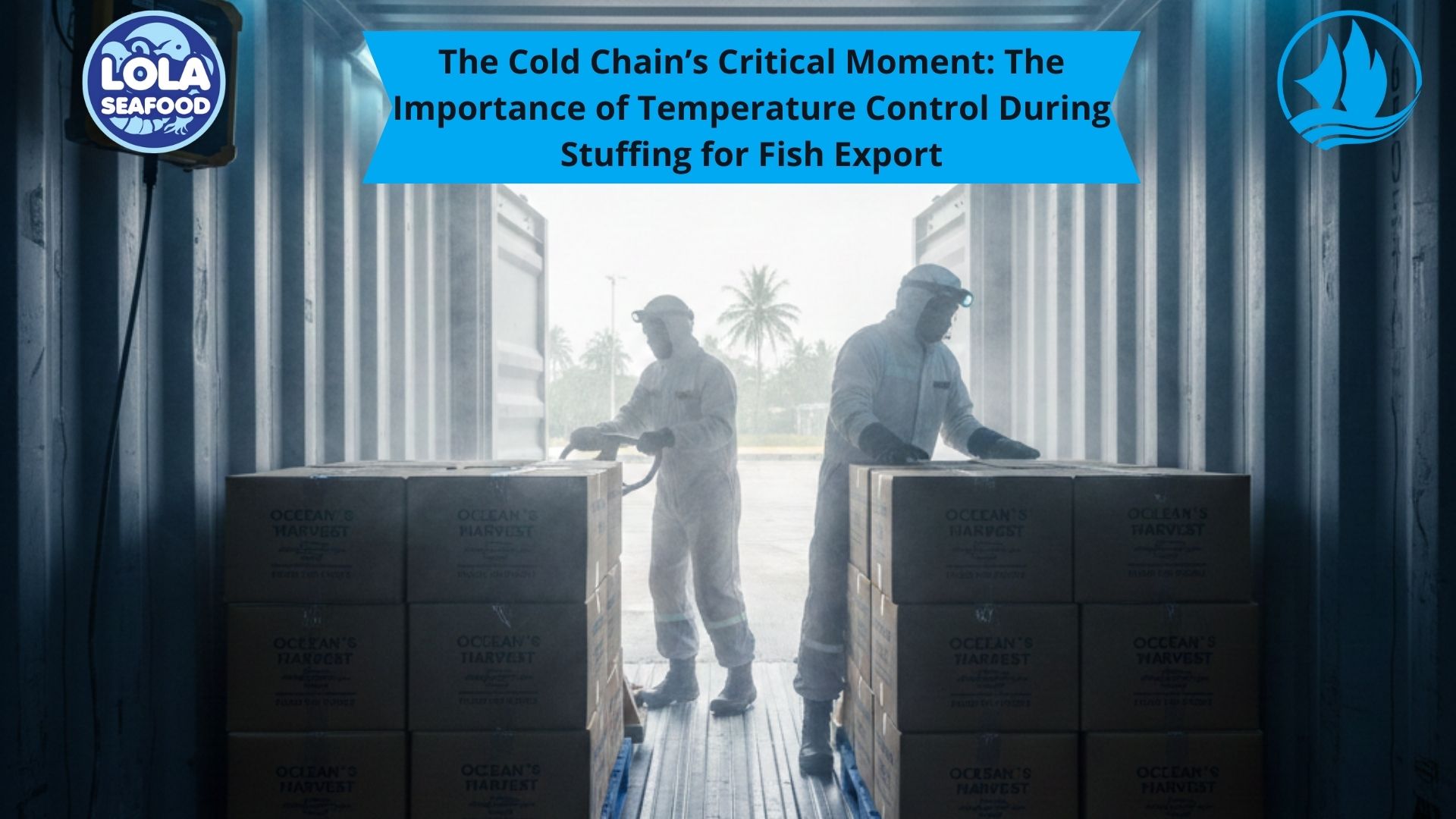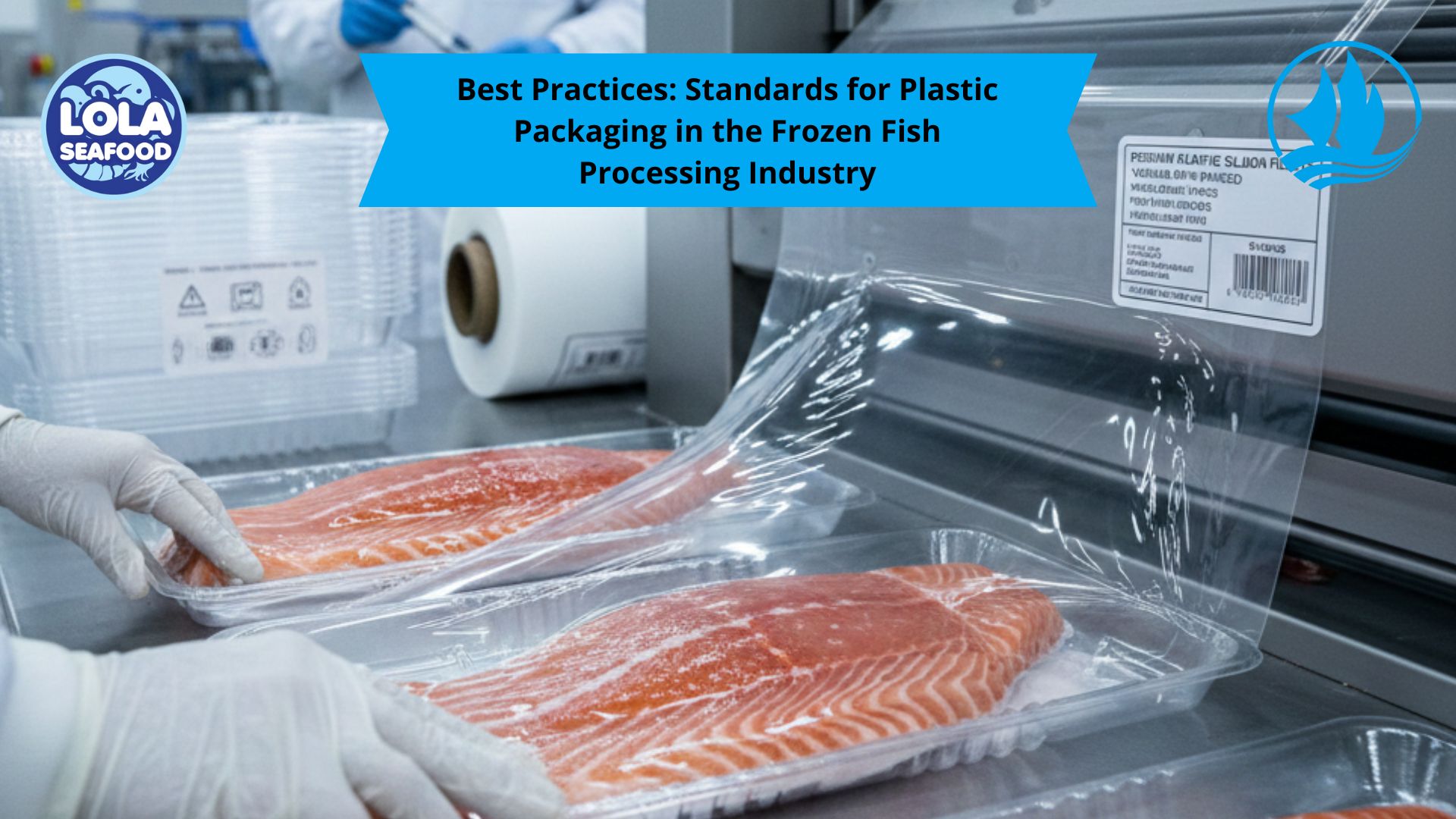This is How Coral Trout Combines Sustainability with Great Taste
By. Najih - 19 Aug 2025.jpg)
Kelolalaut.com When it comes to seafood, consumers today are looking for more than just flavor. They want products that are fresh, nutritious, and responsibly sourced. This is where Coral Trout (Plectropomus spp.) shines. Known for its delicate texture, mild flavor, and impressive nutritional value, Coral Trout has become a highly sought-after fish in both local and international markets. But beyond its taste, Coral Trout represents a growing movement toward sustainability in the seafood industry. Let’s explore how this remarkable fish brings together both environmental responsibility and culinary excellence.
A Premium Choice with Rich Flavor
Coral Trout is recognized for its vibrant reddish-pink skin and firm, white flesh. Its flavor is mild yet distinct, making it a versatile choice for chefs and home cooks alike. Whether steamed, grilled, or baked, Coral Trout maintains a tender texture and naturally sweet taste. This makes it a favorite in Asian cuisine, especially in high-end restaurants across China, Singapore, and Hong Kong, where it is often served whole to highlight its freshness and beauty.
But Coral Trout is not just about taste. It is also a powerhouse of nutrition. Rich in protein, omega-3 fatty acids, vitamins, and essential minerals, Coral Trout supports a healthy diet. Regular consumption can promote heart health, improve brain function, and strengthen the immune system—all while providing a delicious dining experience.
Sustainability at the Core
One of the biggest challenges facing the global seafood industry is overfishing. Many species are under pressure due to unsustainable harvesting practices. Coral Trout, however, has increasingly been associated with sustainable fishing and aquaculture initiatives. In several regions, Coral Trout is caught using environmentally friendly methods such as handline fishing. This technique reduces bycatch and minimizes damage to coral reefs, ensuring that marine ecosystems remain balanced.
Additionally, advancements in aquaculture have made it possible to farm Coral Trout responsibly. Hatchery-based breeding programs allow for the production of Coral Trout fingerlings without depleting wild populations. By combining traditional fishing with innovative aquaculture, suppliers can meet market demand while protecting the long-term health of the species and its environment.
Traceability and Quality Assurance
Modern consumers want to know where their food comes from, and Coral Trout producers are responding to this demand. Many exporters now emphasize traceability, ensuring that every fish can be tracked from ocean or farm to table. This not only guarantees freshness but also builds trust with buyers and consumers who value transparency in the food chain.
Exporters of Coral Trout often work closely with international certification bodies to ensure compliance with global standards. From sustainable fishing practices to proper handling, storage, and shipping, every step is carefully monitored. The result is a premium-quality fish that retains its nutritional value and freshness throughout the supply chain.
Meeting Culinary and Environmental Demands
The combination of sustainability and great taste makes Coral Trout stand out in the seafood market. Chefs appreciate its versatility in cooking, while consumers appreciate its health benefits and the assurance that it comes from responsible sources. For importers and distributors, Coral Trout represents not only a profitable product but also a way to align with the values of today’s eco-conscious consumers.
Restaurants that feature Coral Trout on their menus can confidently highlight both its exquisite flavor and the sustainability behind its sourcing. This adds value to the dining experience, as modern diners increasingly prefer dishes that align with their ethical and environmental concerns.
Looking Toward the Future
As global awareness of sustainable seafood grows, Coral Trout is set to play an even bigger role in the culinary world. Its balance of taste, nutrition, and environmental responsibility makes it more than just a delicious fish—it becomes a symbol of how the seafood industry can evolve to meet modern challenges.
By supporting responsible Coral Trout fisheries and aquaculture, consumers and businesses contribute to the preservation of marine ecosystems while enjoying one of the ocean’s finest delicacies. In every bite of Coral Trout, there is not only flavor but also a story of sustainability and respect for nature.
If youre interested in our Coral Trout Whole Round , Coral Trout Fillet Skinless and Coral Trout Skin On please do not hesitate to contact us through email and/or whatsapp

